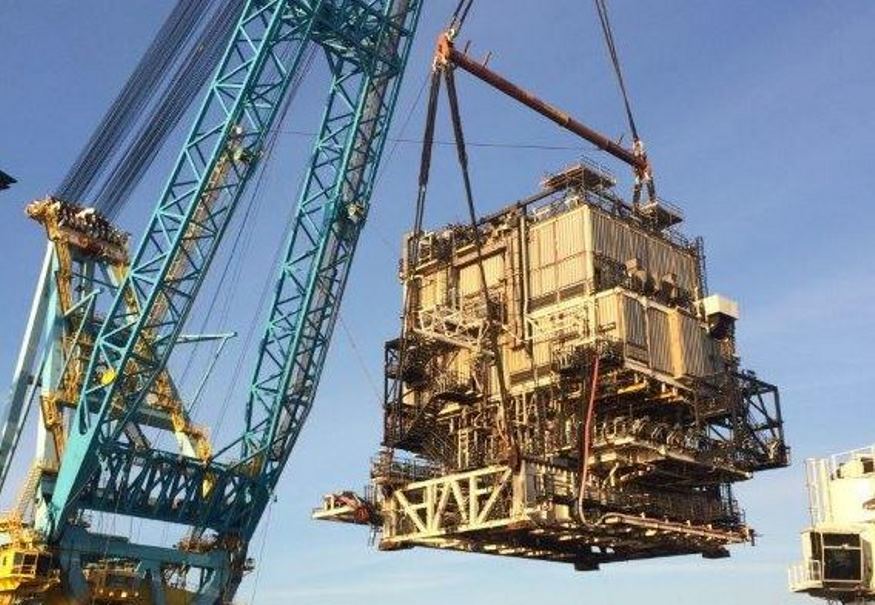
New analysis has outlined “huge concerns” for UK taxpayers around whether oil and gas firms will be able to meet their hefty decommissioning costs, with some rising above their company market values.
The study from Boston Consulting Group (BCG) shows liabilities for the 10 oil and gas operators globally with some of the largest decom costs now stand at between 35% and 120% of their market capitalisations.
Around $100bn (£80billion) is expected to be spent globally on decommissioning through to 2030, with more than a third in the UK (£26.6bn), BCG said.
In a joint statement, associate director for upstream, Martha Vasquez, and BCG partner and oil and gas director Philip Whittaker, highlighted that, if firms can’t pay, the bill would fall to previous owners of the assets or, failing that, the UK government.
They said: “The concerns for the UK government, tax payers and previous owners of assets are huge.
“If some of these companies fail, in the first instance these liabilities will roll to the previous owners who will then end up paying for the decom bills.”
The average decom bill for the top ten firms is $8bn (£6.4bn), Boston said.
Between 2007 and 2019, asset retirement obligations (AROs) as a percentage of market cap tripled for 25 oil and gas operators, from 3% to 9%, and by the end of March this year, as the Covid-19 pandemic took hold, that had leapt to 16%.
The UK Government does foot a portion of decommissioning costs and in 2018 the National Audit Office (NAO) estimated this would reach a total of £24billion, however the industry has a shared goal to significantly lighten that burden.
That same report highlighted that if a company fails to pay its share, and no other previous owner of the asset can be found, then the full bill falls to the UK taxpayer.
In 2017, the Oil and Gas Authority set a challenge for the industry to reduce total decom costs of £59.7bn by 35% or more, and in July last year the regulator announced a 17% reduction had been reached.
However, with “bold reactions” such as accelerated shutdowns and project cancellations, Ms Vasquez and Mr Whittaker questioned whether that 35% target can be met.
They said: “The tension remains between preserving cashflows and deferring decom – and locking contracts at low prices and getting on with decom.
“Unsurprisingly people are having bold reactions: demanding rate cuts and cancelling projects while and at the same time accelerating shutdowns
“What will be the impact of accelerated shutdowns on our ability to achieve our 35% cost reduction as a UK basin?”
Tension around decommissioning costs have already started to come to light in the UK sector, even prior to the virus.
In January, a lengthy court battle saw Taqa and its partners oust RockRose Energy as operators of the Greater Brae Area (GBA) in the UK North Sea which already had a $1.8billion (£1.4bn) decom bill, with concerns it could climb even higher.
An email chain between Taqa managers described RockRose as being “tiny” in terms of their market capitalisation, adding they had “no idea” what they had bought in Brae from Marathon Oil.
Transfer of the GBA operatorship to Taqa will take place later this year.
